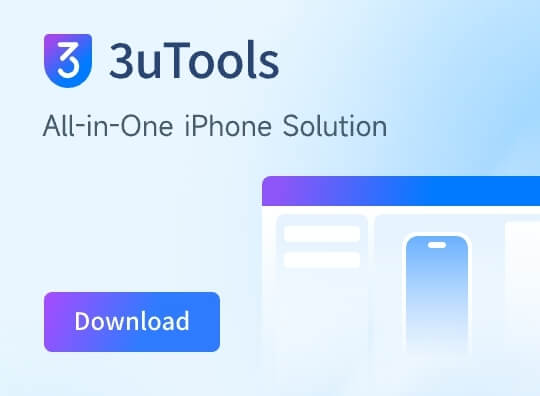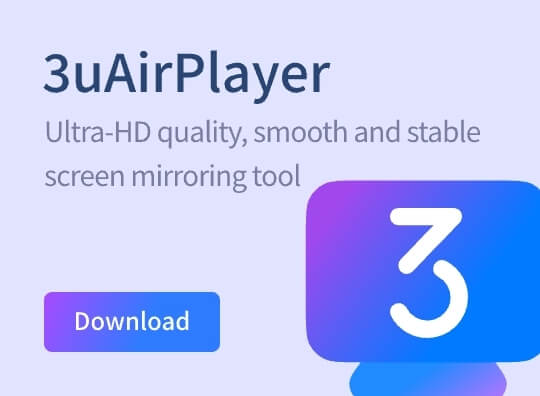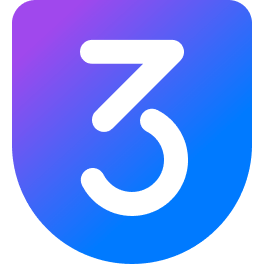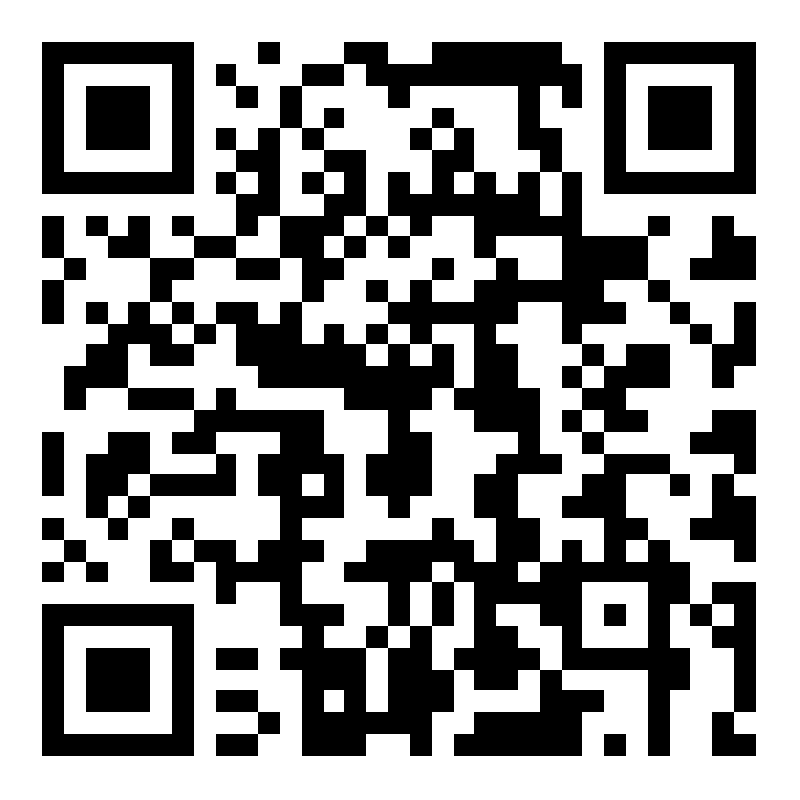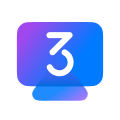What Happened to the iPhone 9?
09/27/2017
3096
Apple’s typical S naming is gone for this year at least, which isn’t entirely surprising. What do Apple and Microsoft have against the number nine? We take a look at Apple's odd naming conventions and postulate future possibilities for the iPhone X.
The iPhone X, which Tim Cook and company pronounce as "ten" and not "eks," is Apple's so-called "smartphone of the future."
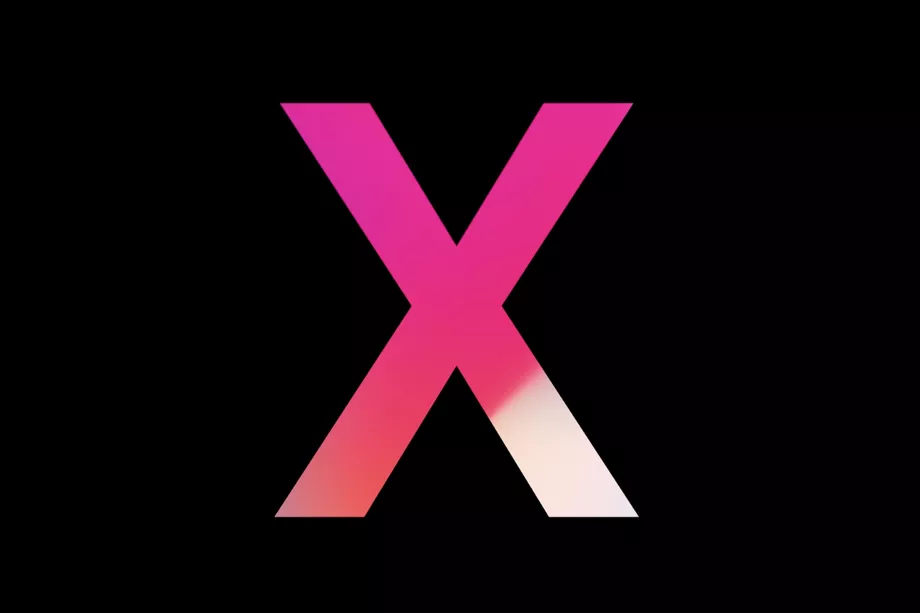
The company's product names, on the other hand, have often seemed like they were designed by a bunch of stoners flinging wads of damp toilet paper against the wall to see what would stick.
It all started with Lisa
This weird product naming practice is not new. In 1983, a year before the Macintosh was introduced, Apple produced a then $9,995 computer (about $24K in 2017 money) called the Lisa.
In one of the oddest tech naming stories in history, the machine was named after Steve Jobs' daughter Lisa, who at the time of the computer's introduction, he refused to acknowledge or support.
"Macintosh" is a variety of the apple fruit
That variety is actually the "McIntosh," without the "a". Apple changed the spelling to avoid trademark litigation with the audio company McIntosh Labs.
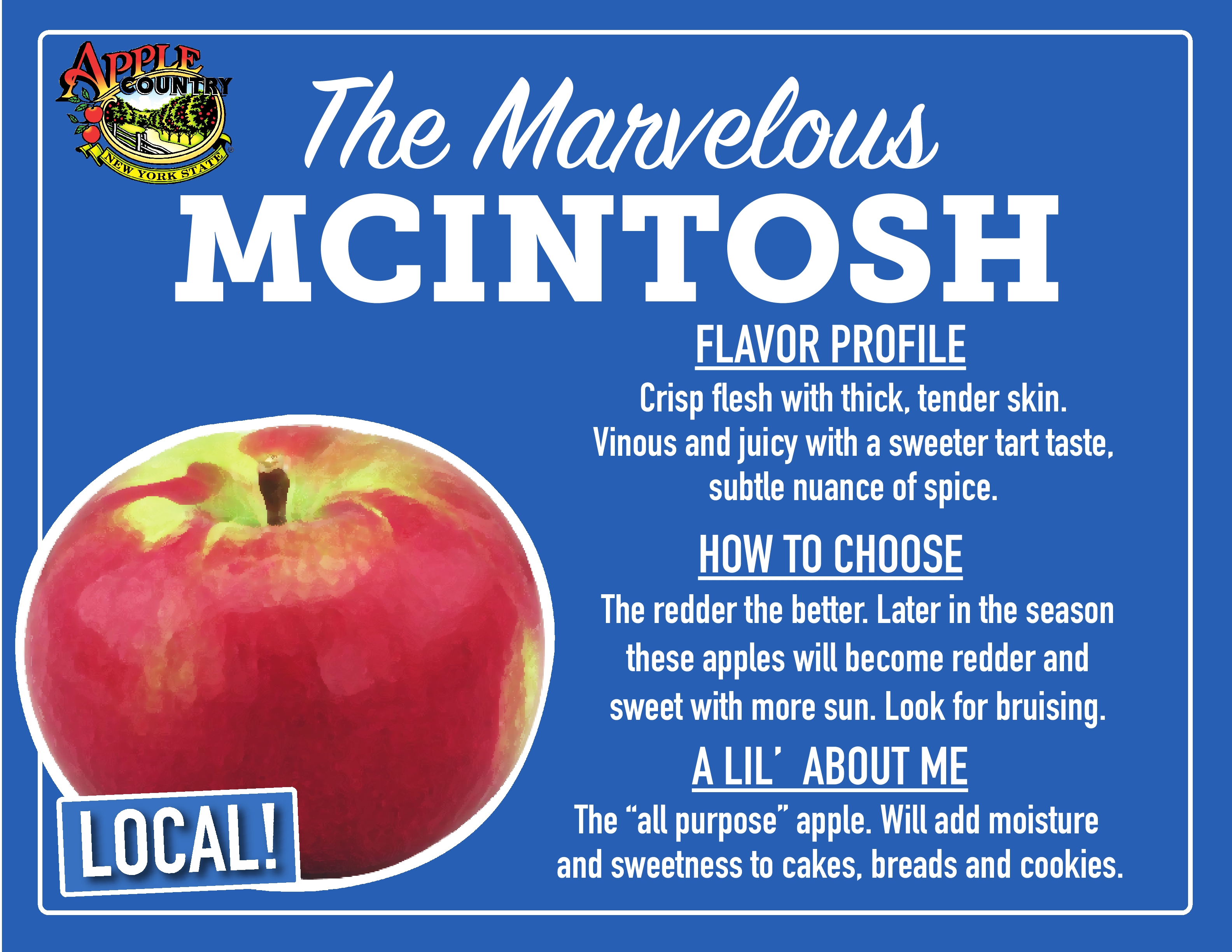
Year and season
Apple followers tend to identify Mac models by year and release date. For example, I have a bunch of late 2012 Mac minis. The iPad introduced this year is just "iPad," even though the first generation iPad was also just "iPad." For iPads and iPods, the products are usually referenced either by product series (mini or pro) or generation, rather than season and year. What Does "i" Stand for in Apple Products?

The X factor
Before talking iPhone X, we need to first talk about OS X, or well, now macOS. OS X came out after Mac OS 9. That, at least, made sense. The was Mac OS 8, then Mac OS 9, then Mac OS X (pronounced "Mac OS ten").
nother reason the product may have been named iPhone 8 instead of 7s is because it's not quite as big a jump from version eight to version ten as it would be jumping from version seven to version ten. After all, Microsoft was comfortable going from Windows 8 straight to Windows 10, as well.
9 just doesn't get no respect.
All of that brings us to the iPhone X. Apple pronounces it "ten," so presumably there will be no iPhone 9. That's an open question for next year. If the X sells well, you may see an Xs. If not, or if they can't get component yields up to the levels they need, we may see an iPhone 8s.
Because Apple's naming patterns are wacky, it's entirely possible that after the pricey experiment that is the iPhone X, the next major iPhone release based on the X interface may simply be called iPhone.
Related Article: How Did Siri Get Its Name?
Source: theverge
